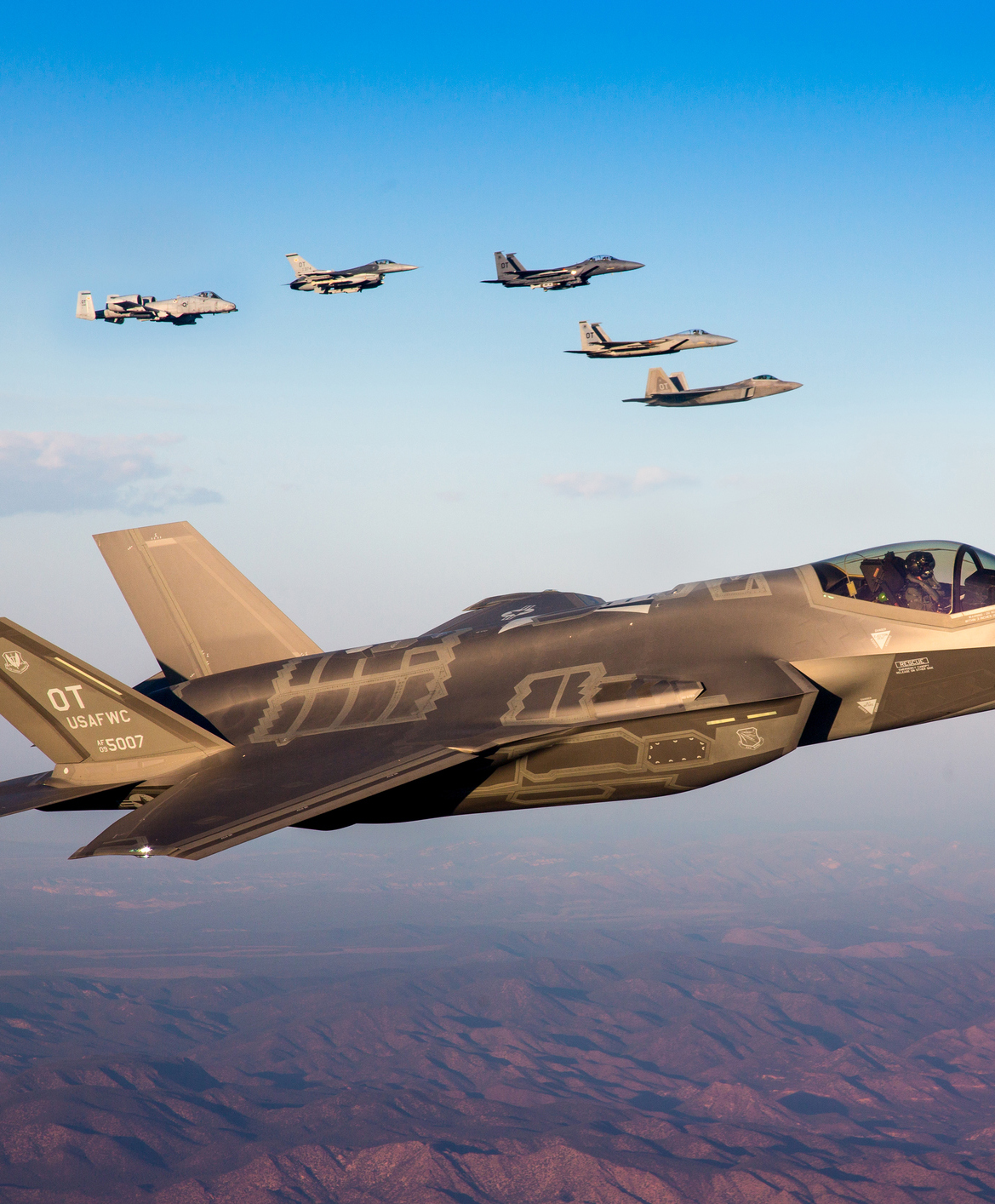Cheap Chinese steel has upset U.S. steel producers for years, as Chinese manufacturers have unloaded excess capacity on world markets at unbeatably low prices. The Trump administration has even invoked the supposed threat to national security from cheap imports to threaten trade restrictions on steel imports.
But the United States has plenty of steel-manufacturing capacity to meet its defense needs. What’s genuinely threatened, however, is another sector altogether: Aluminum. A glut of cheap Chinese aluminum has done more than hollow out that industry; it may also actually be jeopardizing national security.
Since China joined the World Trade Organization (WTO) in 2001, cheap Chinese aluminum has flooded American markets, closing factories and putting people out of work. The number of aluminum smelters in the United States has fallen from 23 to five in that time. Eight smelters have either shut down or scaled back operations since 2015, and about 3,500 aluminum jobs have disappeared in the last 18 months alone.
A bigger worry, however, is national security. High purity aluminum is used to make certain kinds of jets, such as Boeing’s F-18 and Lockheed Martin’s F-35, as well as armored vehicles. But the United States now has just one domestic manufacturer of high purity aluminum left — Century Aluminum’s Hawesville, Ky. plant, which is currently operating at 40 percent capacity amid dropping prices.
The prospects for importing high purity aluminum, from a geopolitical risk standpoint, aren’t friendly; only a few smelters in the world produce it, and those are located mostly in Russia, the Middle East, and China.
The situation prompted the Trump administration to launch a probe into aluminum imports on April 26, after launching a similar probe on steel earlier in the month. “It’s very, very dangerous, obviously, from a national defense point of view, to only have one supplier of an absolutely critical material,” said Secretary of Commerce Wilbur Ross at an April 26 press briefing. The probe invokes a portion of a Cold War-era law, known as section 232, which permits special protections for smelting in industries key to national security. The investigation would determine whether or not the United States produces enough high purity aluminum to meet its needs during wartime.
“You’re really left with just a kernel of the industry,” Jesse Gary, executive vice president and general counsel for Century Aluminum, told Foreign Policy. “Century Aluminum is only running at 40 percent capacity. As Secretary Ross mentioned, we truly are on the precipice of losing that smelter.”
Punitive tariffs of more than 370 percent have previously been levied on aluminum imports from China. In the past year, the Departments of Justice, Commerce, and Homeland Security have coordinated multiple investigations into U.S. companies suspected of illegally dodging tariffs on aluminum.
Relief under section 232 could be broader than tariffs, possibly including quotas or some other kind of remedy. But it still wouldn’t address the source of the problem — Chinese overcapacity. In fact, Chinese supply-side growth has continued unabated; it manufactured a new record of 2.95 million tons of aluminum in February.
That overcapacity results from Chinese subsidies to major industries, including not just aluminum but also steel, cement, solar, and glass. As the Chinese export-based manufacturing model of economic development has run out of steam over the past decade, the government has feared the loss of jobs and potential unrest that might result if major industries fail. As a result, it has provided subsidies to keep factories in production and workers at their jobs.
Many Chinese aluminum companies could not continue to operate at the size and scale they do without these subsidies. In fact, that China has an aluminum industry of such gargantuan size in the first place — it currently produces more than half the world’s supply — is something of an anomaly. Aluminum production is hugely energy intensive, and so is heavily dependent on access to cheap electricity. Iceland, for example, with its abundant geothermal energy, is one of the world’s leading producers of aluminum. But the market price for electricity in China is significantly higher than in the United States or Europe; big state-owned smelters in China benefit from subsidized electricity.
Aluminum producing countries have been slow to mobilize. Steel production is spread out around the world, as many countries have their own steel industries, so a glut of Chinese steel affects a larger number of countries. But aluminum production is concentrated in just a few countries, those with cheap sources of electricity.
“Steel has been much more vocal on this issue. We’ve been a step behind,” said Gary. “But the decline of the U.S. aluminum industry has been more steep than anything you’ve seen in steel. The expansion of the Chinese industry and the decline of the U.S. aluminum industry has been much more rapid.”
But the U.S. seems to finally be getting serious about addressing the problem. In addition to Trump’s recent probe, in January the Obama administration launched a complaint to the World Trade Organization against Chinese aluminum subsidies. It’s the first such complaint filed to the WTO that addresses the root cause of Chinese overcapacity, rather than aiming to apply a band-aid like anti-dumping duties. Other aluminum-producing countries, including, Russia, Canada, Japan, and the European Union, have all asked to join that WTO request for consultation.
On March 9, the Aluminum Association submitted a complaint to the World Trade Organization (WTO), requesting that anti-dumping duties be levied on aluminum foil imported from China. Representatives from the China Trade Taskforce, founded in 2015 with members including Aluminum Extruders Council, United Steelworkers Union, and Century Aluminum, traveled to London last week to lobby Britain and the EU for their support.
“It does go to show that this problem is affecting all aluminum producing nations,” said Gary.

